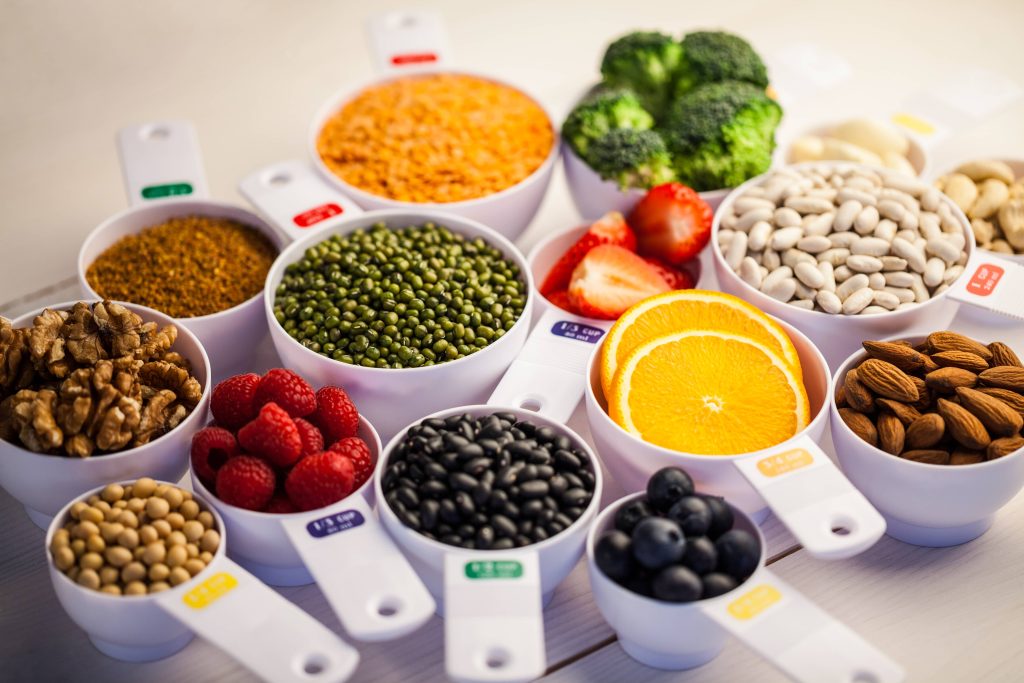
Attention Deficit Hyperactivity Disorder (ADHD) is a neurodevelopmental disorder that affects individuals of all ages, though it is most commonly diagnosed in children. Symptoms include difficulty focusing, hyperactivity, and impulsive behavior, all of which can impede daily functioning and development. As awareness about ADHD grows, so does the exploration of various strategies to manage its symptoms. One such strategy that holds promise is nutrition management.
Recent studies suggest that nutrition plays a vital role in managing ADHD symptoms. Understanding the relationship between diet and ADHD can empower individuals and caregivers to make informed choices that contribute to better symptom control. Here’s how nutrition impacts ADHD and how dietary changes can make a difference.
The ADHD-Nutrition Connection
The brain requires a variety of nutrients to function correctly. Everything from neurotransmitter production to energy metabolism and the structural integrity of brain cells depends on adequate nutrition. For individuals with ADHD, certain nutrients have been found to influence symptom severity.
1. Omega-3 Fatty Acids:
Omega-3s are essential fats known for their role in brain health. They help maintain the health of neuron membranes and are involved in neurotransmitter regulation. Several studies have indicated that children with ADHD often have lower levels of omega-3s. Supplementing with omega-3 fatty acids, particularly EPA and DHA, has been associated with improvements in attention, hyperactivity, and impulsivity.
2. Micronutrients:
Vitamins and minerals such as zinc, iron, magnesium, and vitamin B6 are crucial in neurotransmitter activity, particularly dopamine regulation, which is often linked to ADHD. Deficiencies in these micronutrients can exacerbate ADHD symptoms. For example, zinc plays a key role in the modulation of dopamine, and studies have shown that zinc supplementation can lead to an improvement in symptoms.
3. Protein:
Consuming adequate protein is essential for the proper regulation of blood sugar levels, which can affect mood and behavior. Proteins provide the amino acids necessary for neurotransmitter production. A breakfast rich in proteins has been shown to improve concentration and behavior in children with ADHD.
Dietary Approaches to Consider
Given the connection between nutrition and ADHD, here are some dietary strategies that can help manage its symptoms:
1. Balanced Diet:
Ensuring a balanced diet rich in fruits, vegetables, whole grains, lean proteins, and healthy fats can help provide the nutrients necessary for brain health. Variety is vital to ensure all nutrient requirements are met.
2. Elimination Diets:
Some individuals with ADHD may have sensitivities to certain foods or additives. An elimination diet, which involves removing potential allergens or irritants such as artificial colors, preservatives, and sugar from the diet, may help identify triggers that exacerbate symptoms.
3. Reducing Processed Foods:
Processed foods often contain high levels of trans fats, sugar, and artificial additives, which may negatively impact behavior and cognitive function. Limiting processed foods and opting for whole foods can be beneficial.
4. Regular Meal Times:
Maintaining consistent meal times helps stabilize blood sugar levels, which can lead to improved mood and focus.
Case Study and Experiences
Sarah, a mother from Connecticut, noticed significant behavioral changes in her eight-year-old son, Jack, who was diagnosed with ADHD. After consulting nutritionists and conducting thorough research, she implemented a diet rich in omega-3s and whole foods. Over a few months, Jack’s teachers reported improvements in his attention span and a decrease in impulsive behavior.
However, it’s crucial to understand that while dietary changes can aid in symptom management, they are not a standalone treatment. Nutrition should be seen as part of a holistic approach that includes behavioral therapies and, when necessary, medication.
Seeking Professional Guidance
Before making any significant dietary changes, it’s important to consult with healthcare professionals, including nutritionists and dietitians, who specialize in ADHD. They can offer personalized advice and ensure nutrient needs are met without unintended consequences.
Conclusion
The relationship between nutrition and ADHD is complex and continues to be an area of active research. While diet alone isn’t a cure for ADHD, it’s a powerful tool that can play a significant role in managing symptoms and improving quality of life. By focusing on a nutrient-rich diet and being mindful of potential dietary triggers, individuals with ADHD can experience beneficial changes in their behavior and cognitive function.
As we learn more about the interplay between nutrition and neurological health, it’s an exciting time for those seeking to explore natural and supportive measures for ADHD management. By making informed dietary choices, we can take proactive steps towards better mental health and wellness.










